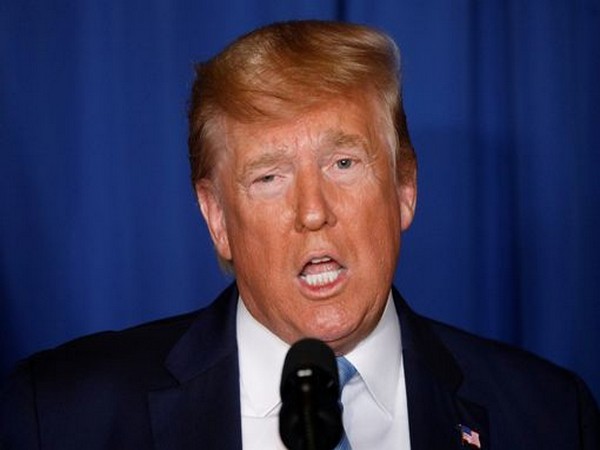FACTBOX-Trump impeachment: What happens next?

- Country:
- United States
Here is what to look out for next as the proceedings advance in U.S. President Donald Trump's impeachment trial in the Senate:
STARTING JAN. 21 * After a second debate between House Democrats who are prosecuting the case against Trump, known as managers, and the president's defense team, the Senate will move to consider a Democratic measure to subpoena State Department documents related to Trump's dealings with Ukraine, including the ouster of former U.S. Ambassador Marie Yovanovitch.
* Senate Majority Leader Mitch McConnell is expected to move quickly to postpone the measure, citing his intention to address questions concerning evidence later in the trial. * Senate Democratic leader Chuck Schumer could propose further amendments, including one calling for the subpoena of witnesses including former Trump national security adviser John Bolton.
* A vote is expected late on Tuesday on McConnell's proposed rules governing the first phase of the trial. The rules would leave open the option of voting on witnesses and documentary evidence until after the House and White House have made their opening arguments and senators have had an opportunity to question each side. * Once the rules have been adopted, Trump's lawyers could move to have the two articles of impeachment dismissed. The Senate is not expected to approve the immediate dismissal of charges of abusing the powers of his office and obstructing Congress' investigation.
* After the rules have been adopted, House managers would begin to present their case against Trump. They could start on Jan. 22. When the House managers have finished, the president's team will respond. During the arguments, senators sit as jurors and are not allowed to speak unless they are in a closed session. * Each side will have 24 hours over three days to make its opening argument, a change to McConnell's earlier plan to compress those hours into two days, which had raised the prospect of arguments stretching well past midnight.
* Following the opening arguments, senators would have 16 hours to submit questions to each side. LATE JANUARY TO EARLY FEBRUARY
* Democrats are expected to continue pushing to hear from witnesses during the trial. If McConnell's resolution on initial trial rules is adopted, senators would likely vote after the trial has started on whether to introduce witness testimony. If the Senate decides to subpoena witnesses, they would first be deposed privately and before the Senate decided on public testimony. * Votes to present final arguments could occur if no subpoenas are issued and if witnesses are not approved by a majority of the Senate.
FEB. 4 * Trump is scheduled to deliver the annual State of the Union address to a joint session of Congress.
(This story has not been edited by Devdiscourse staff and is auto-generated from a syndicated feed.)
ALSO READ
Russian drone attack kills five in Ukraine's Kharkiv, officials say
Russian drone attack kills at least four in Ukraine's Kharkiv, officials say
NATO marks its 75th birthday as war in Ukraine and rising populism gnaw at its unity
Estonia providing €10 million to EIB’s EU for Ukraine Fund
Russian drone attack kills at least four in Ukraine's Kharkiv, officials say










